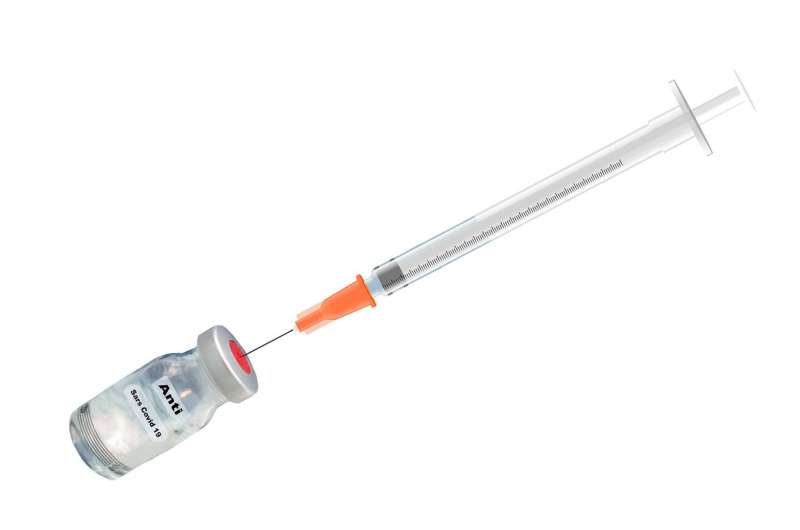
Nearly one billion COVID jabs have now been administered worldwide but reaching people in all four corners of the planet is an unprecedented logistical challenge.
While Japan is best known for its teeming megacities, much of its countryside remains remote and depopulated, making vaccination of its often elderly residents a huge headache.
The village of Kitaaiki, in the foothills of the picturesque mountains of Nagano, is a case in point. It is home to just over 700 people—one third of them over 65—and with only one doctor to give everyone their jab, Kazuhiro Matsuhashi.
Matsuhashi has received one box of Pfizer jabs, enough to inoculate everyone who wishes to receive the vaccine, but he has to work fast, injecting around 60 people per day.
The doctor said his local knowledge helped him in his mission to vaccinate as many villagers as possible. “I can make these thoughtful decisions for each resident,” he told AFP.
The approach seems to be working. Kakino Yamaguchi, a 93-year-old woman, said: “When I saw those thick needles on TV, I thought to myself ‘I don’t want that’. But I didn’t feel anything today.”
“This doctor has been looking after me for so many years. So I wasn’t worried about getting the vaccine at all, because I trust the doctor,” Yamaguchi told AFP.
‘House to house’
For Anselmo Tunubala, a nurse from the Misak ethnic indigenous group in Colombia, the problem is battling scepticism over the vaccine due to a belief in traditional plant-based medicines.
On foot or by motorbike, Tunubala tours the mountains in the country’s southwest searching for people over 70 to vaccinate.
“I go from house to house raising awareness about vaccination, because grandparents always have low defences and it is to protect them from the disease that we are facing. Without this vaccine you can get ill with the coronavirus that is bearing down upon us.”
Sometimes he is successful, other times he finds himself rebuffed.
Carlos Tunubala, 22, said his pastor had told him vaccination was unnecessary. “Trusting in God we move on, we overcome everything that comes our way,” he said.
Others were won over, however. Gerardo Muelas, a 72-year-old from the Misak group said: “We didn’t think of getting it, because we used to cure ourselves of anything with plants.”
“But as this is a worldwide problem, there is no other solution. Whoever wants to can get it. It’s not obligatory, but you would feel safer getting it.”
In the remote Sudanese village of Seer, the residents do not have much, but they do have vaccines, courtesy of the Covax initiative that seeks to deliver to the world’s poorest areas.
The health ministry has secured 3,000 doses of the AstraZeneca vaccine, trained medical staff and monitored for possible side-effects, with the process going without a hitch so far.
Source: Read Full Article
